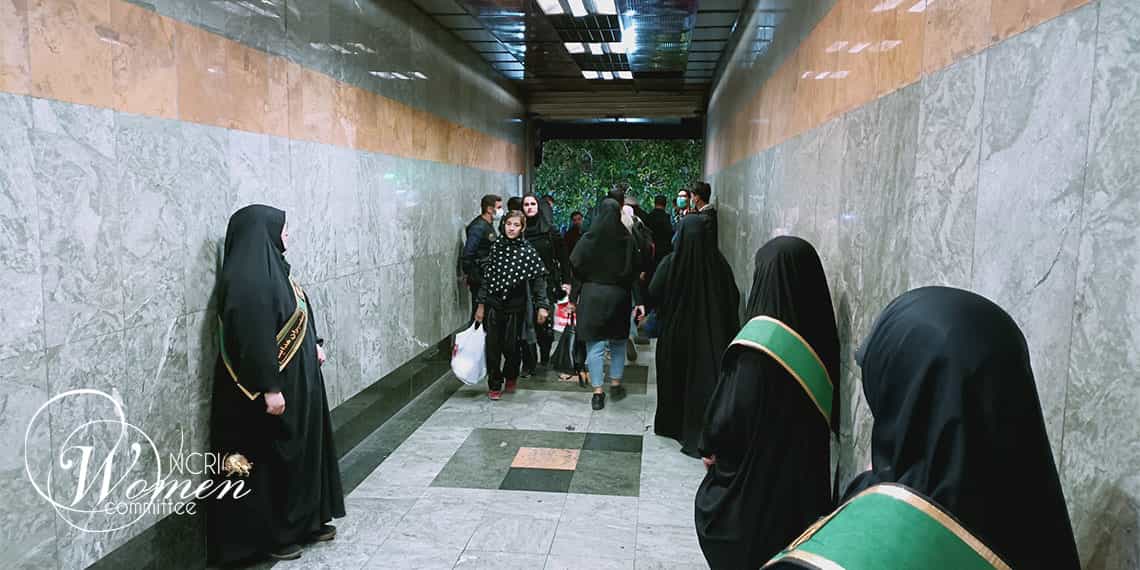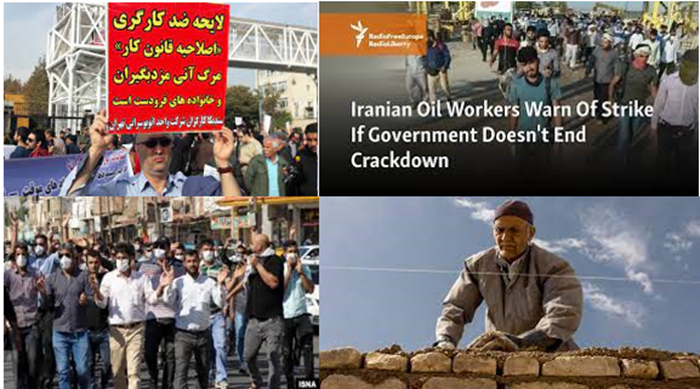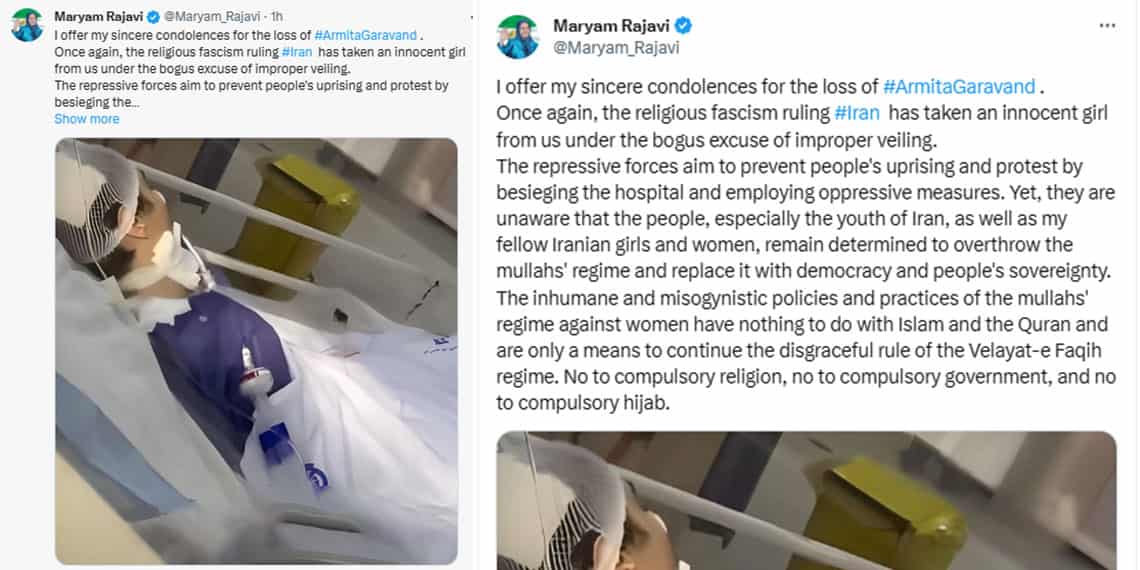

On August 6, it was revealed that Tehran’s municipality is recruiting 400 individuals for these patrols, offering a substantial monthly salary of 120 million Rials.
These Hijab patrols, described by regime officials as necessary for maintaining public morality, are tasked with issuing verbal warnings and preventing individuals who are not wearing the hijab from entering the metro. In instances of non-compliance, these patrols are authorized to report individuals to the police.
The Supreme Labor Council’s decision set the minimum monthly wage for Iranian workers in the year 1402 at less than 50 million Rials. This figure pales in comparison to the salaries allocated for the Hijab patrols, highlighting a significant disparity in governmental priorities. Iran is grappling with unprecedented inflation and skyrocketing prices, severely impacting the livelihoods of workers and laborers. Reports of families scavenging through garbage for basic sustenance underscore the dire economic situation, seemingly ignored by the Iranian leadership.

Adding to the controversy, the tragic case of Armita Geravand, a 17-year-old student, has drawn further attention to the actions of the Hijab patrols.Geravand reportedly lost her life following an altercation with these patrols in a Tehran metro wagon, an incident that has fueled public outrage and condemnation. Amid these developments, the Iranian parliament has passed a new Hijab and Chastity Bill. This legislation, comprising 70 articles, introduces severe restrictions and penalties for women who do not adhere to the compulsory Hijab and for businesses that support such defiance.
In response, the NCRI Women’s Committee has issued a call to action, urging the youth and advocates of human and women’s rights to oppose these oppressive measures. This stance aligns with the sentiments expressed during the 2022 uprising, where Iranian women boldly declared their desire for gender equality and fundamental rights, irrespective of their choice to wear a hijab.

Iranian opposition President-elect Maryam Rajavi of the National Council of Resistance of Iran (NCRI), has been a vocal critic of the regime’s policies. She asserts that true freedom in Iran hinges on rejecting compulsory religious practices, the mandatory Hijab, and the current government, a sentiment that resonates with many Iranians aspiring for change.

MEK Iran (follow us on Twitter and Facebook), Maryam Rajavi’s on her site, Twitter & Facebook, NCRI (Twitter & Facebook), and People’s Mojahedin Organization of Iran – MEK IRAN – YouTu







